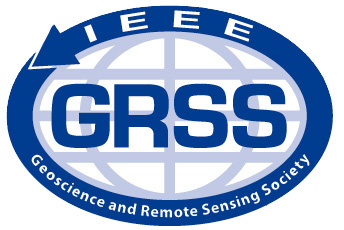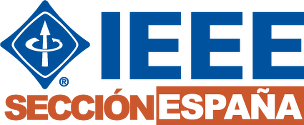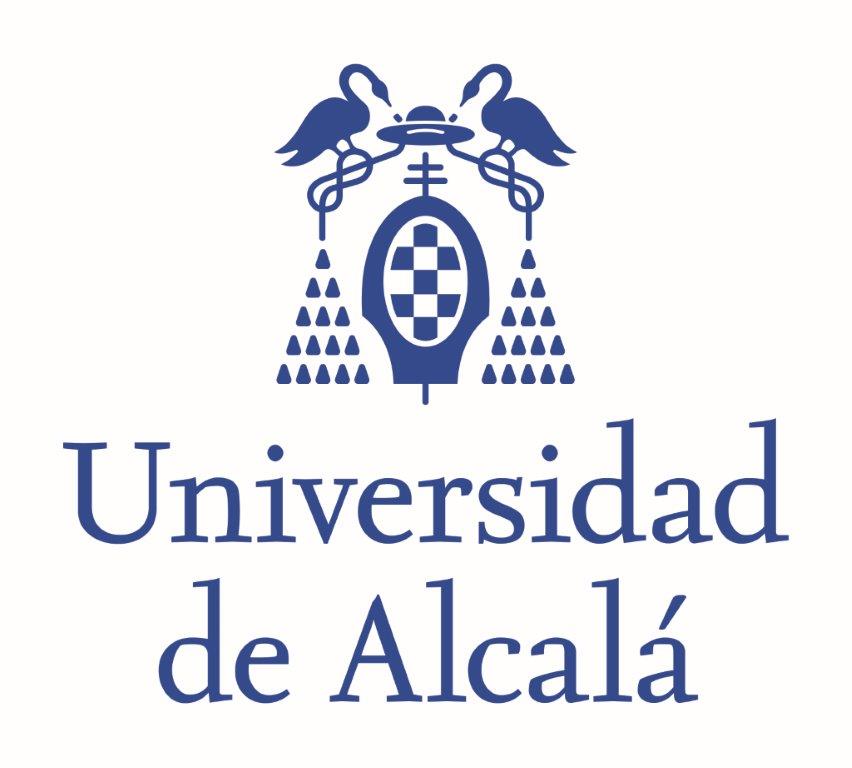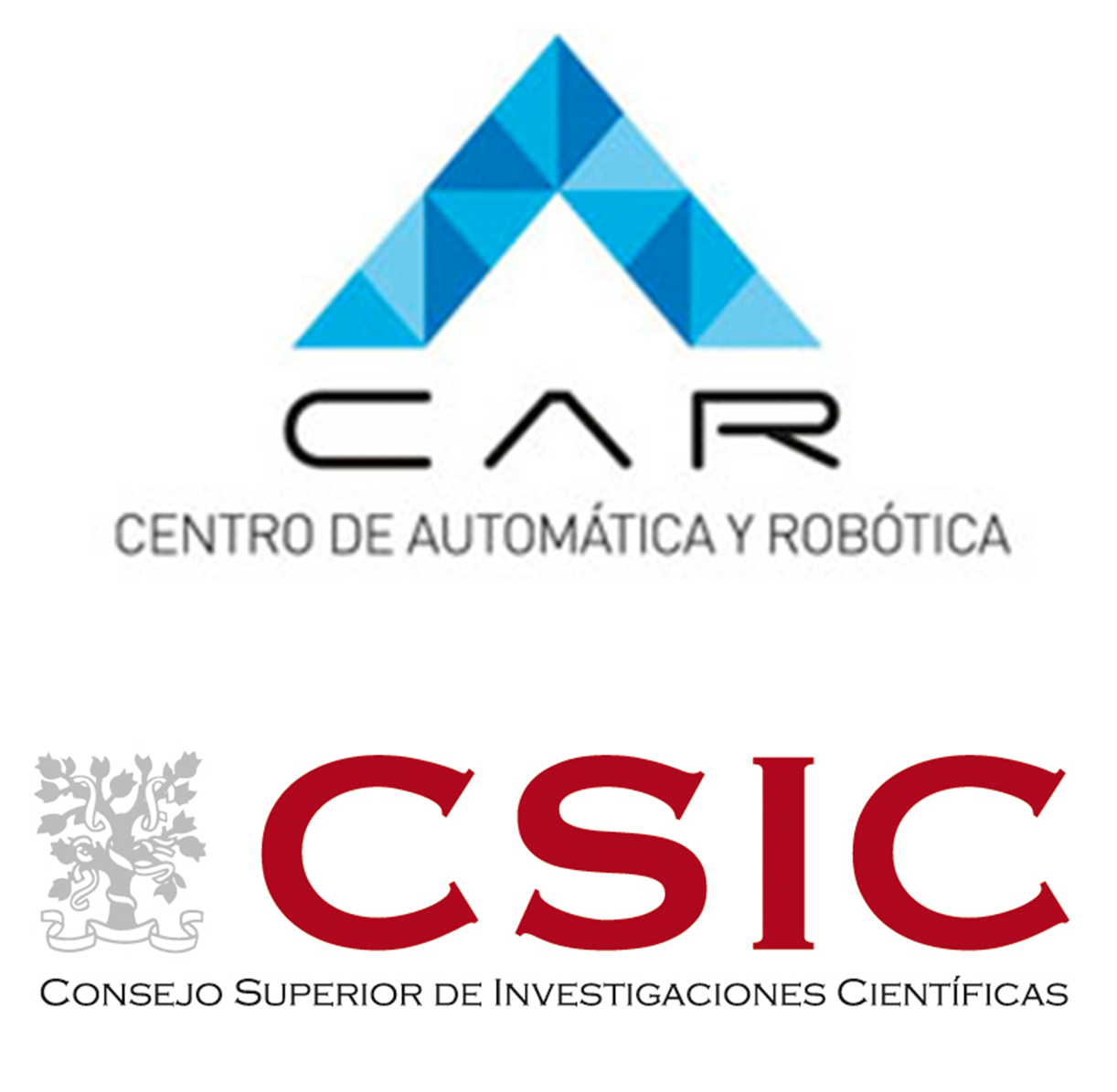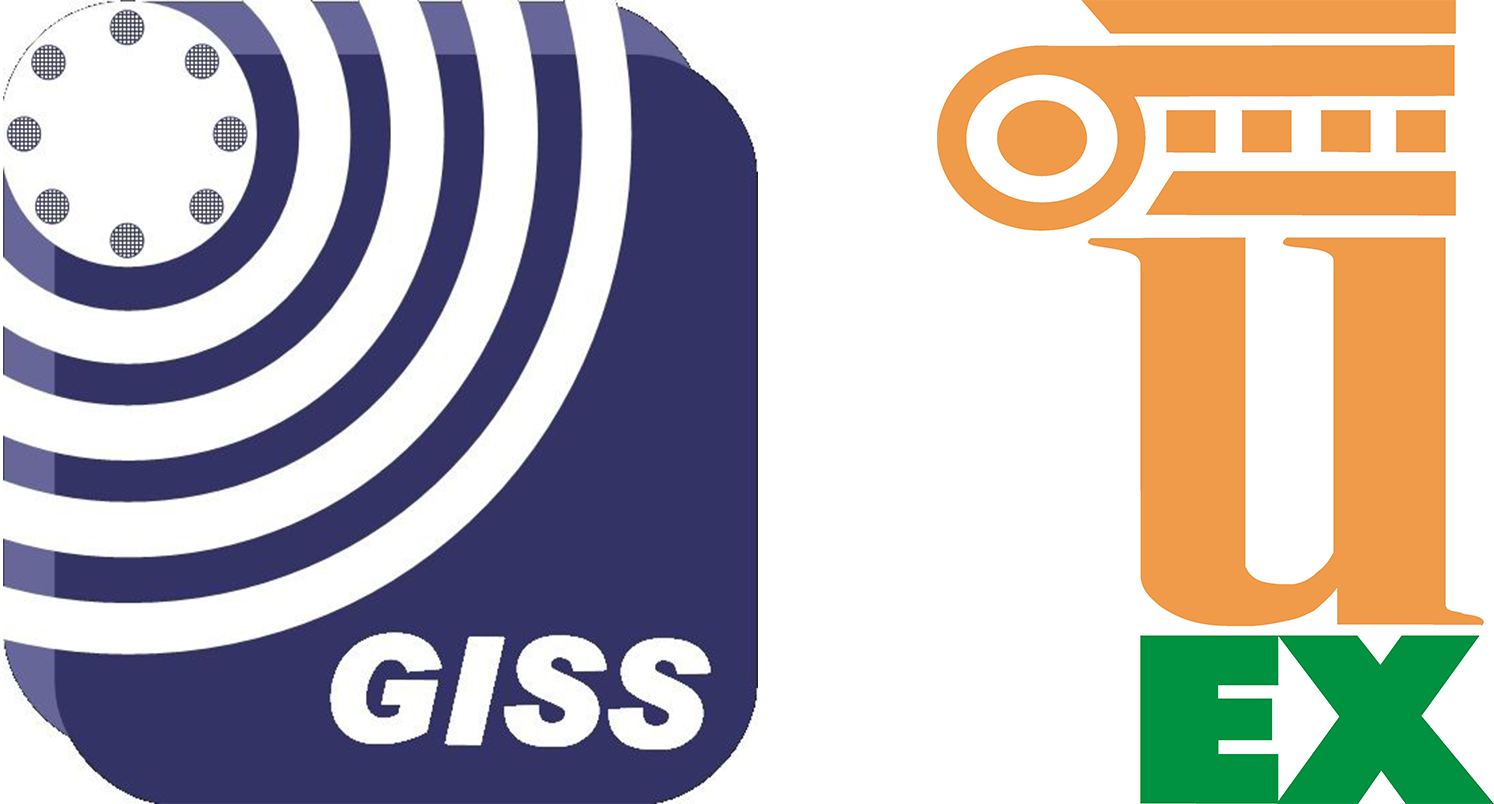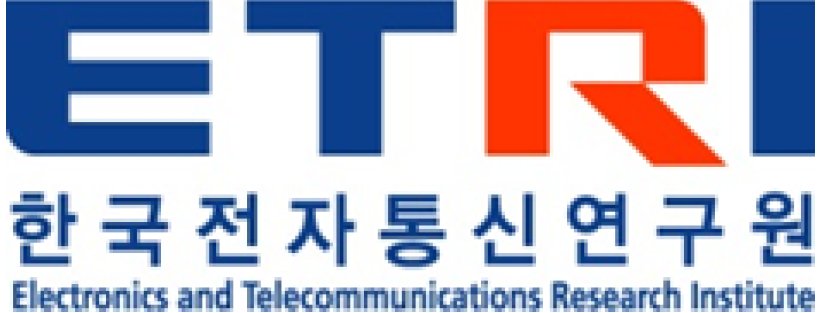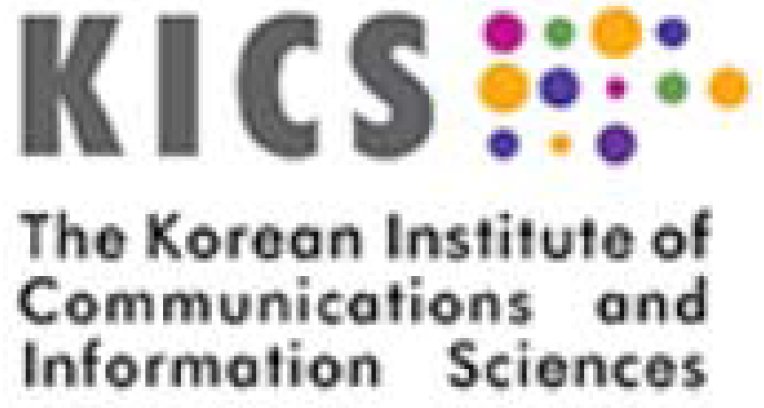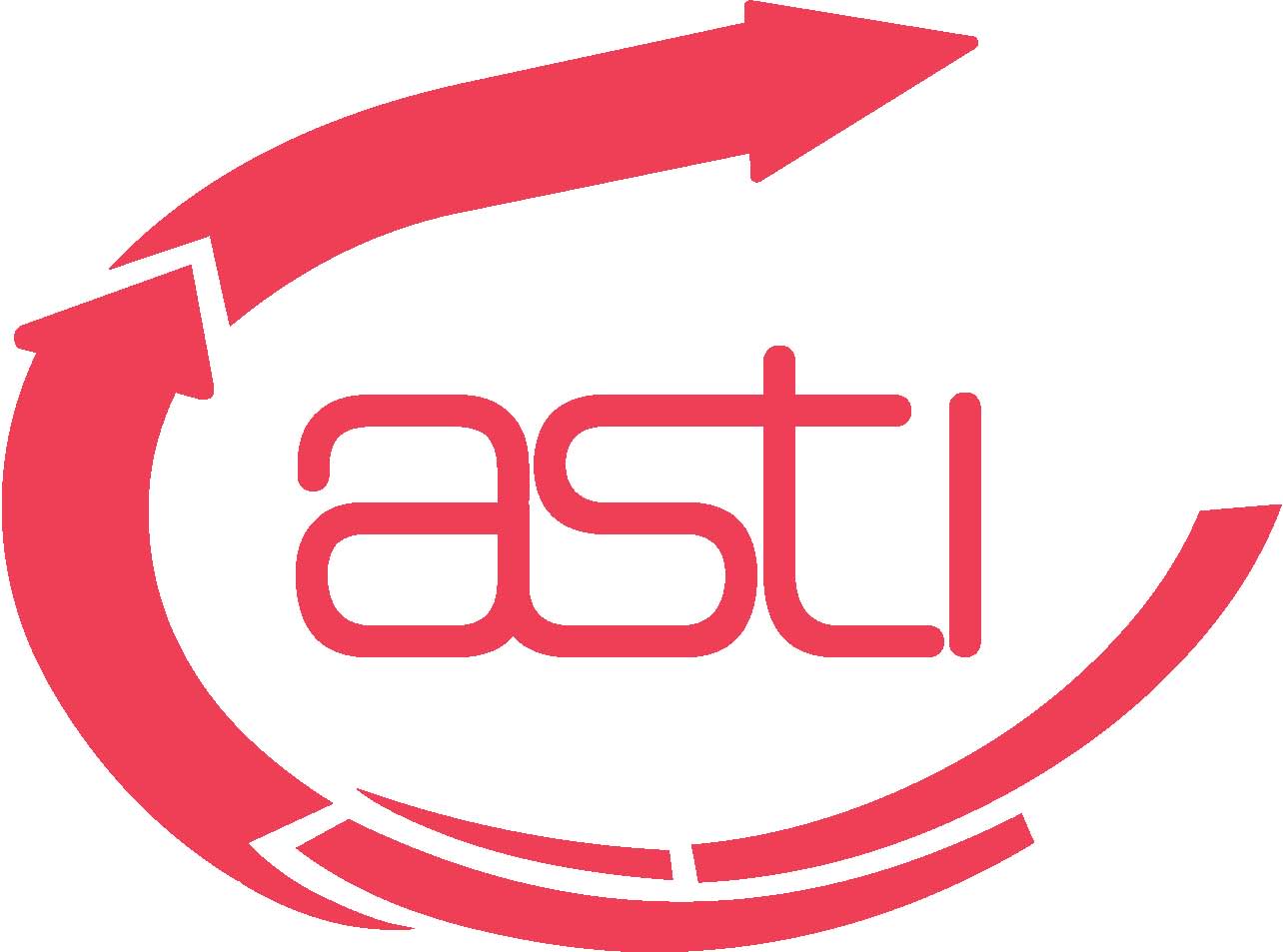Invited Keynotes
The keynote speakers are:
Prof. Moe Win, Massachusetts Institute of Technology, USA
Title: Location, location, and location!
Dr. Thomas Burgess, indoor.rs, Austria
Title: Indoor Navigation: The Crowd is the future - Crowd learning for indoor positioning.
Keynote 1
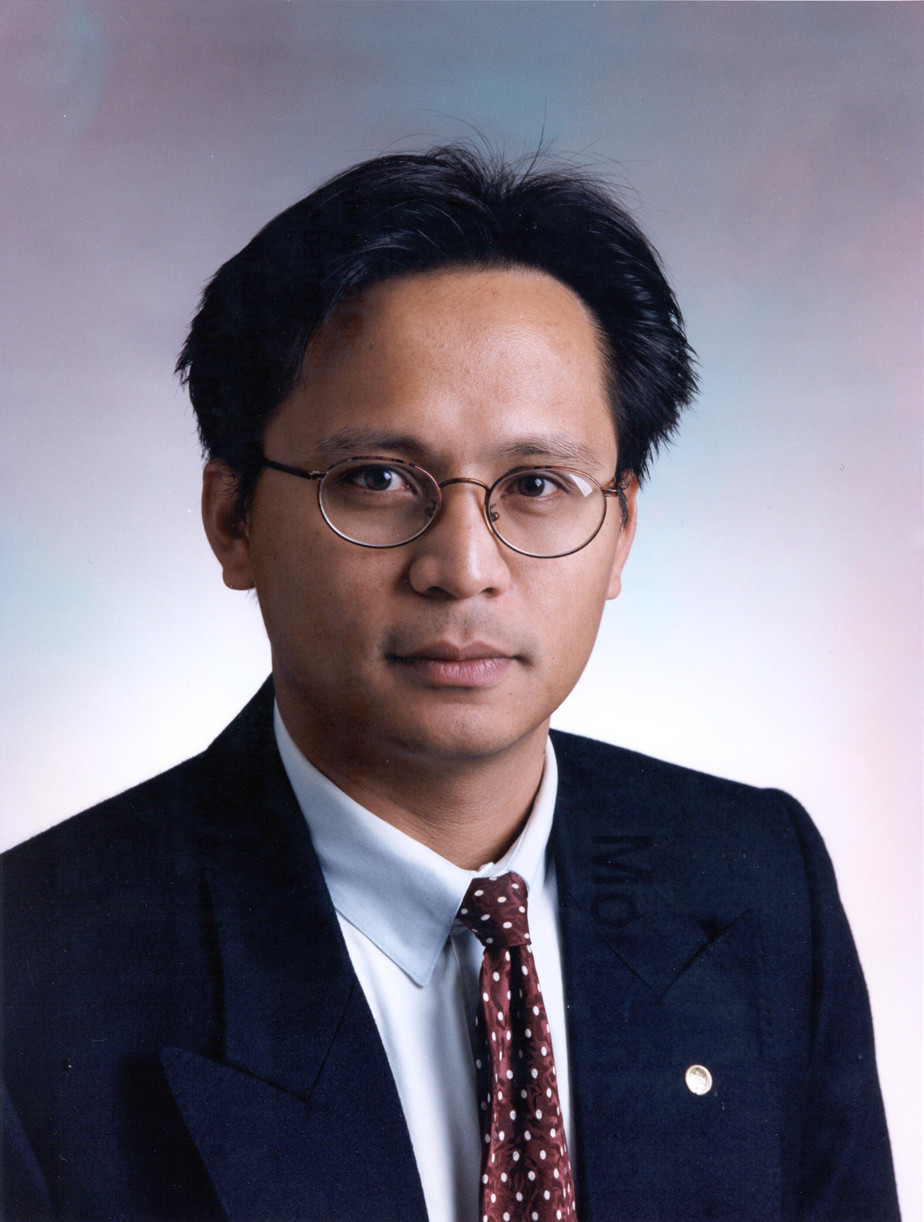 Presenter
Presenter
Professor Moe Win
Massachusetts Institute of Technology, USA
Title
Location, location, and location!
Abstract
The availability of positional information is of extreme importance in numerous wireless applications.
The coming years will see the emergence of location-aware networks with sub-meter localization accuracy, minimal infrastructure,
and robustness in harsh (GPS challenged) environments. To reach this goal we advocate network localization and navigation,
a new paradigm that exploits a combination of wideband transmission and spatiotemporal cooperation. Our work has addressed this
problem from three perspectives: theoretical framework, cooperative algorithms, and network experimentation. We will give an
overview of our recent research results in this exciting field.
Biography
Moe Win is a Professor at the Massachusetts Institute of Technology (MIT). Prior to joining MIT, he was with AT&T Research
Laboratories for five years and with the Jet Propulsion Laboratory for seven years. His research encompasses fundamental
theories, algorithm design, and experimentation for a broad range of real-world problems. His current research topics
include network localization and navigation, network interference exploitation, intrinsic wireless network secrecy,
adaptive diversity techniques, and ultra-wideband systems.
Professor Win is a Fellow of the AAAS, the IEEE, and the IET, and served as an IEEE Distinguished Lecturer. He is an
elected Member-at-Large on the IEEE Communications Society Board of Governors (2011-2013). He was the Chair (2004-2006) and
Secretary (2002-2004) for the Radio Communications Committee of the IEEE Communications Society. He was honored with two
IEEE Technical Field Awards: the IEEE Kiyo Tomiyasu Award and the IEEE Eric E. Sumner Award (jointly with Professor R. A.
Scholtz). He received the International Prize for Communications Cristoforo Colombo, the Copernicus Fellowship, the Royal
Academy of Engineering Distinguished Visiting Fellowship, the Fulbright Fellowship, the Laurea Honoris Causa from the
University of Ferrara, and the U.S. Presidential Early Career Award for Scientists and Engineers.
Keynote 2
 Presenter
Presenter
Dr. Thomas Burgess
indoo.rs, Austria
Title
Indoor Navigation: The Crowd is the future - Crowd learning for indoor positioning.
Abstract
Real-time accurate indoor positioning poses many new possibilities and challenges. At indoo.rs (Austrian based start-up
founded in 2010) we enable positioning within third party mobile applications (Android/iOS) so that users can find
themselves and navigate through buildings. In practice we estimate location and movement using motion sensors and
comparisons of radio scans (WiFi/iBeacon) to pre-measured reference measurements (fingerprints). We currently are
transitioning from using dedicated measurements to an approach that learns and updates references by analyzing data
from navigating users. This approach uses the Hadoop ecosystem to combine the output of the IOT network of mobiles and
beacons with big data based machine learning and near real time analytics (including visualization). The complete
solution reduces implementation and maintenance cost of providing accurate real time indoor positioning.
Biography
Thomas Burgess did his PhD in particle physics at Stockholm University (Sweden) for the AMANDA/IceCube neutrino telescopes.
Following this, he worked as a PostDoc/researcher at University of Bergen (Norway) for the ATLAS experiment at the
Large Hadron Collider at CERN. In 2012, after 12 years of academic research, he joined indoo.rs (in Vienna, Austria)
to initiate and lead research efforts in indoor positioning. He has given talks for business, academic conferences and
the general public regularly throughout his career. Research at indoo.rs involves algorithm design, model building,
statistical analytics, machine learning and data science. In current projects, data from large numbers of mobile
devices is being processed for automatic mapping, advanced analytics and improved positioning.
CONFERENCE E-MAIL: ipin2016@uah.es


